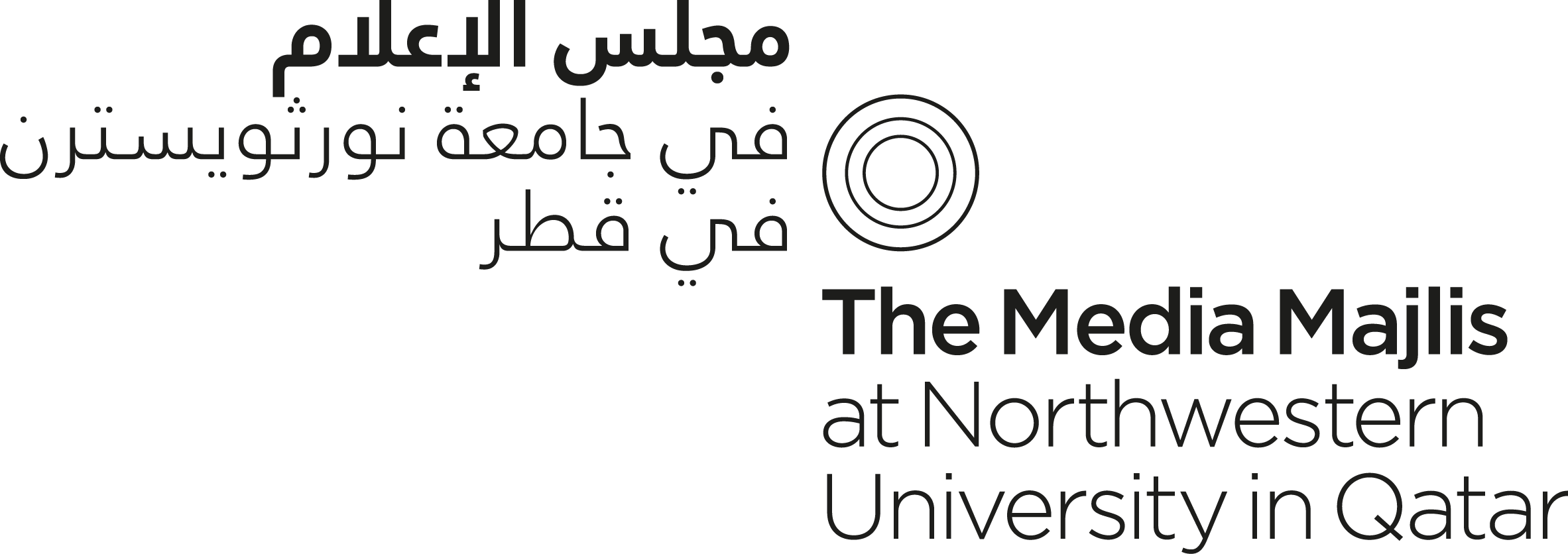
A video recording of this program is now available on the Explore Content section of this website.
Look at almost any sport; you can uncover injustice, inequality, and a lack of diversity and inclusion. The failure to hold institutions accountable has served as a petri dish for growing unjust systematic sentiments. But who's the watchdog here? Is it the responsibility of the media to monitor and keep a check on people and institutions in power?
This discussion focuses on the different shapes discrimination takes in sports, which are not necessarily highlighted in mainstream media, and asks the ultimate question: why?
-
Venue accessibility
-
Simultaneous translation
Simultaneous translation (Arabic/English) is provided for all programs.
-
Wheelchair accessibility
The Projection Theatre is fully wheelchair accessible and features multiple wheelchair spaces with unobstructed views of the stage and screen.
-
Sign Language interpretation
Sign Language interpretation (ASL and ArSL) may be requested for talks, discussions, lectures and tours. Please contact the museum well in advance of the program to discuss this service. You are welcome to bring an interpreter with you—please let us know ahead of time and we will ensure that appropriate seating is reserved. A program ticket does not need to be purchased for an interpreter providing prior notification of their attendance at a specific program is provided to the museum.
-
Wifi
Free wifi access is available in the building. On your mobile device, with wifi switched on, select Guest-NUQ-Majlis from the available services and accept the terms of service to connect.
-
-
Program credits
Simon Baker
Simon Baker lost his leg in 2004 in a building site accident. Since then, using sport Baker has dedicated his life to raising awareness of amputees in his native Ireland, across Europe and internationally in Palestine, Tanzania, South Sudan, Rwanda and Zanzibar. His focus is to re-align the media and political narratives whereby athletes can be empowered with confidence and a sense of belonging and overcome adversity. By doing so, he has helped remove exclusion barriers and change the conversation whereby those who have experienced hardship are recognized as valuable community members.
Tamara Awartani
Tamara Awartani is the founder and director of Palestine: Sports for Life, a non-governmental organization based in Ramallah, Palestine and a PhD candidate at the German Sport University Cologne. She is an international speaker and advisor in the field of sports for development, where she designs different programs and writes curriculums. Awartani was a speaker at TEDxAlManaraSquare (2021) and was featured in a documentary on basketball in Palestine called Salaam Dunk (2011), which also aired on Al Jazeera English.
Nasser Al-Khori
Nasser Al Khori is the executive director of Generation Amazing at the Supreme Committee for Delivery & Legacy in Qatar. In his role, he leads various programs that focus on the human and social legacy of the FIFA World Cup Qatar 2022™, utilizing the transformative power of football as a tool for social development to empower and upskill youth in deprived communities globally including refugee and internally displaced populations. He holds an MBA in Educational Leadership from University College London's Institute of Education.
Alexandra Chalat
Alexandra Chalat is the director of community engagement at Qatar Foundation and a legacy strategist for Qatar Foundation's World Cup program. In her role, she leads projects that address issues such as women and girls' empowerment through football and coaching training, developing volunteer programs, activating Qatar Foundation's Education City through socially progressive and sustainable events and developing the strategy legacy plan for the Education City stadium.
